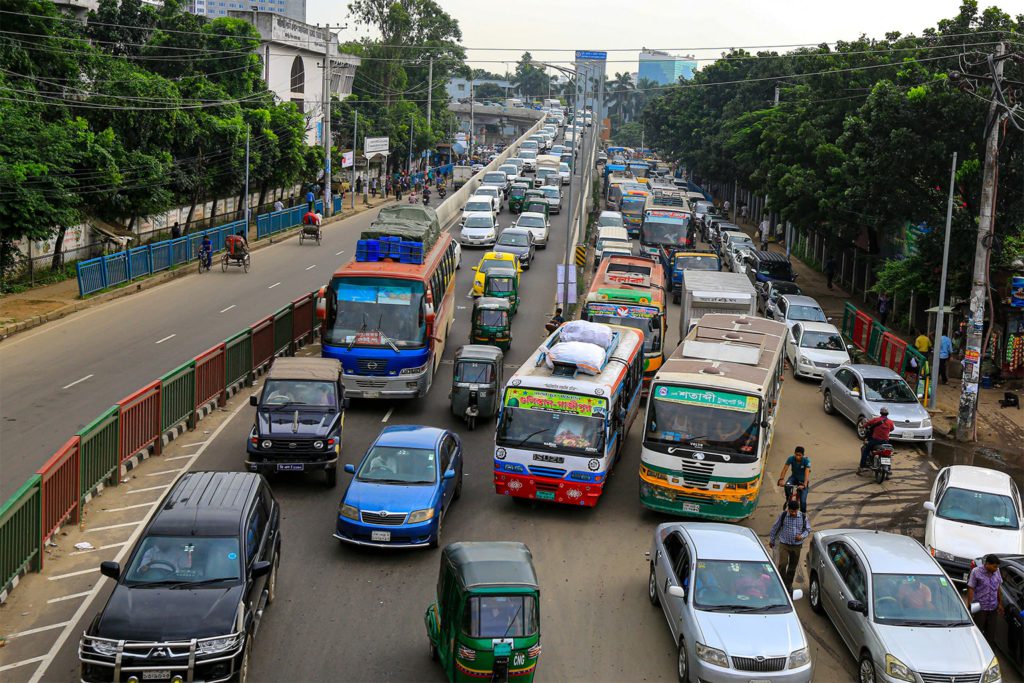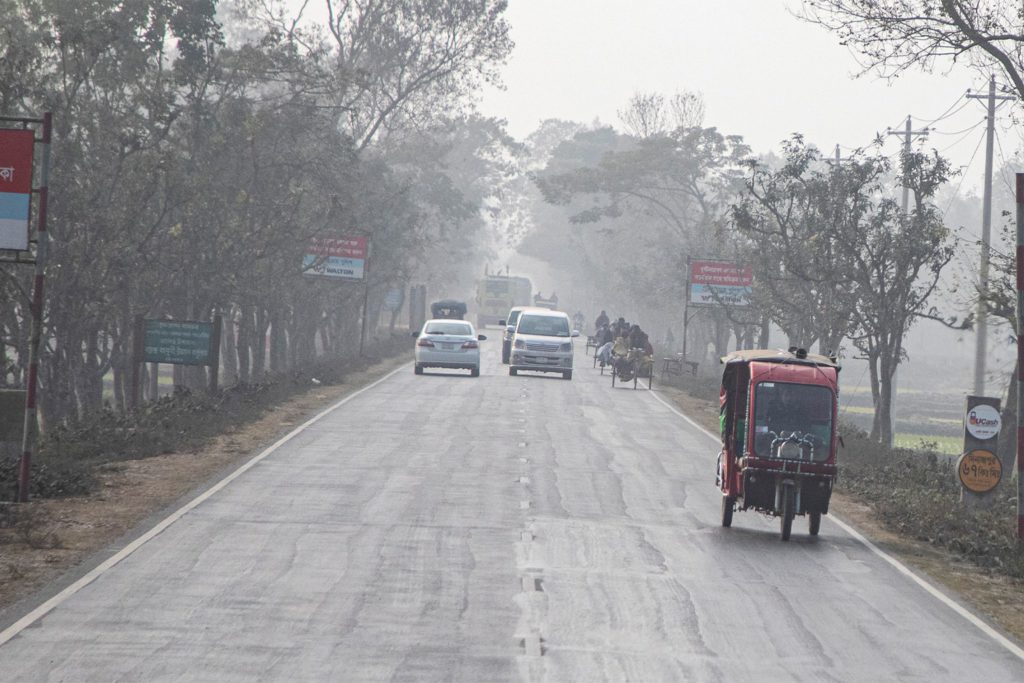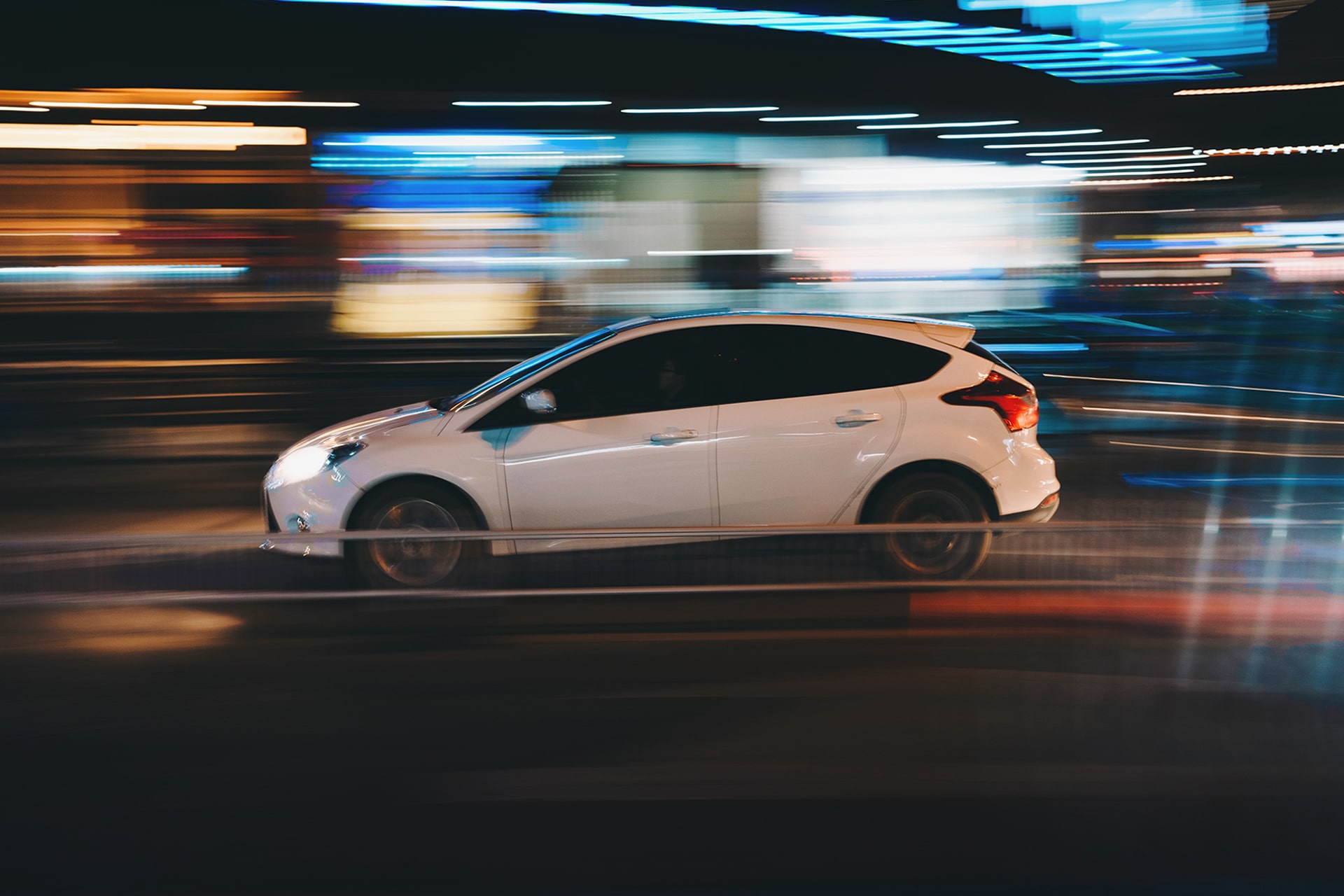- According to Bangladesh’s nationally determined contribution (NDC) toward reduced emissions under the Paris Agreement, the transportation sector accounts for 9% of total greenhouse gas (GHG) emissions in Bangladesh. The country has proposed 3.4 million metric tons of CO2 equivalent GHG emission reduction by 2030 in the transportation sector.
- To facilitate policies aimed at reduced emissions, such as tax holidays and financial incentives for local manufacturing of electric cars and the expansion of technology and infrastructure for vehicles that need less fuel, Bangladesh has formulated the Automobile Industry Development Policy 2021.
- It is hoped that by encouraging the uptake of electric vehicles—among two-, three- and four-wheelers—Bangladesh can achieve its goal.
- The production of locally made lithium batteries and transformation of the sector through EVs will aid the country’s emission reduction plan, industry insiders say.
In order to fulfill its promise of cutting greenhouse gas (GHG) emissions as part of the country’s nationally determined contribution (NDC) under the Paris Agreement, Bangladesh is on the way to setting up a lithium battery production plant with an annual capacity of one gigawatt. Simultaneously, several electric vehicle manufacturing projects are in line as well. Business insiders believe these moves might change the energy landscape of the country.
NDCs are individual countries’ plans to help keep global temperature rise below 2 degrees by the end of the century. Bangladesh has proposed 3.4 million metric tons of CO2 equivalent GHG emission reduction unconditionally by 2030 in the transportation sector, which accounts for 9% of the country’s total GHG emissions.
To lessen pollution and reliance on fossil fuels, Bangladesh intends to phase out internal combustion engines in favor of EVs. EVs favor lithium-ion battery technology over other types of batteries for propulsion.
As part of this, lithium battery production is the first step to implementing the targets. Bangladesh Lithium Battery is the company first to take on this venture.
The company has already finished the infrastructural development of the plant and hopes to start producing batteries at the beginning of 2024, said Mir Masud Kabir, managing director of Bangladesh Lithium Battery , in a media interview.

According to the Bangladesh Road Transport Authority, about 1.5 million lead acid-based battery-run three-wheelers are running on the country’s roads, which consume much power from the national grid. The proposed domestically-made lithium battery is intended to replace those.
In addition to setting up the lithium battery production facility, the company also plans to set up a facility to manufacture EVs.
Gradually, Kabir said, the company will go for EV productions where the battery unit will act as a backward linkage of the EV production.
According to government data, several local and international investors, including Bangladesh Auto Industries , Nitol Motors , Omega Seiki and others, are currently working to set up EV manufacturing facilities in Bangladesh with the collaboration of giant automobile producers like Toyota.
Bangladesh has formulated the Automobile Industry Development Policy 2021 to facilitate assistance with policies aimed at reducing emissions, such as tax holidays and financial incentives for local manufacturing of electric cars and the expansion of technology and infrastructure for vehicles that need less fuel.
According to Mordor Intelligence, a market intelligence and advisory firm, the Bangladesh lithium-ion battery market size is likely to rise from USD 256 million in 2023 to USD $373.89 million by 2028, at a compound annual growth rate of 7.87% during that period.

The pros and cons
According to the Bangladesh Road Transport Authority, hybrid vehicles are becoming popular in the country due to lower operational costs and incentives from the government. The data say the hybrid car use rate is increasing, and about 3,000 hybrid vehicles were registered in 2022 alone.
However, for EVs, the rate is still low. Since 2021, 33 EVs have been registered in Bangladesh.
As the lithium battery is easy to handle in terms of weight and charging time (It takes less time to be charged than the conventional batteries), consumers will receive the move positively, said Siddique Zubair, a renewable energy expert and former member of the Sustainable And Renewable Energy Development Authority, adding that at the same time, the transformation from fossil fuel-run vehicles to electric cars will help clean the city’s air and reduce pollution.
However, he added that it will not reduce GHG emissions from energy production unless the country’s energy mix is converted from fossil fuel dependency to renewable sources.
According to the Bangladesh Power Development Board, natural gas (49.07%), coal (11.46 %), furnace oil (26.95) and diesel (5.49%) constitute the most significant shares in the country’s energy mix. In comparison, renewable energy, including solar and hydro, has a share of only about 2.08%.
As for EVs , a possible anomaly between peak and off-peak power demand will arise, which might create an imbalance in supply and demand.
To solve the issue, the government should establish designated charging stations during daytime hours and regulations on using grid power for EVs.
This article first appeared on Mongabay and was originally written by Abu Siddique, a Mongabay contributing editor. It has been republished here under the Attribution-NoDerivatives 4.0 International (CC BY-ND 4.0) Creative Commons license.

